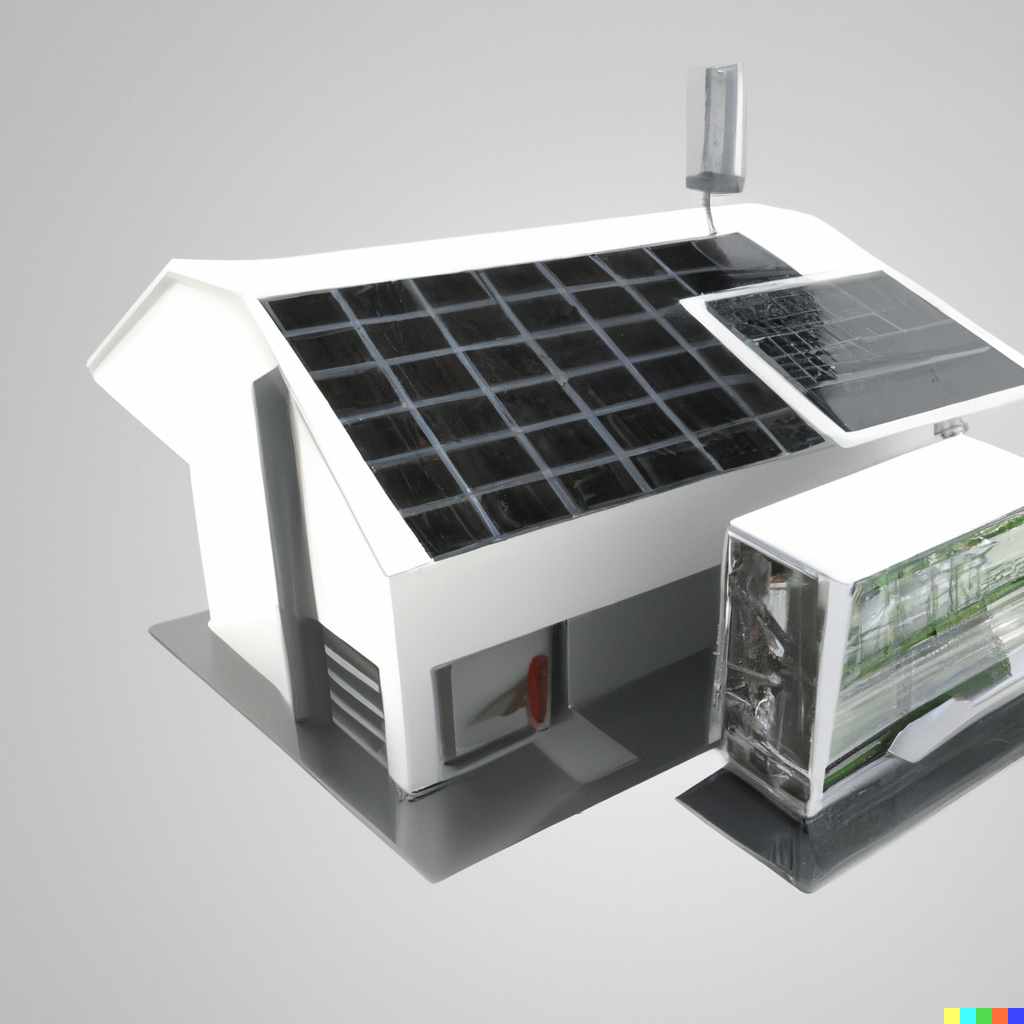Imagine a world where our homes generate electricity and heat while reducing our impact on the environment. That’s where home fuel cells come into play! In this blog post, we will explore what home fuel cells are, how they can change our society, and their potential future uses. We’ll also discuss the current challenges and recent advances in this exciting technology, as well as the researchers who are working diligently to make it a reality.
Home fuel cells are small, electrochemical devices that produce electricity and heat by converting the energy stored in fuels such as natural gas or hydrogen. They work on a similar principle to the batteries in our electronic devices but operate continuously as long as fuel is supplied. These fuel cells can be installed in residential homes, providing a reliable and efficient source of power and heat.

Home fuel cells have the potential to revolutionize our society in several ways. Firstly, they can significantly reduce our carbon footprint by generating electricity and heat with minimal emissions. This helps combat climate change and creates a cleaner environment for future generations. Additionally, these fuel cells offer greater energy independence, allowing us to rely less on traditional power grids and fossil fuels.
Looking ahead, home fuel cells hold tremendous promise. Imagine a world where every home generates its own electricity and heat, reducing our dependence on centralized power plants. This decentralization of energy production can improve grid resilience and reduce the risk of blackouts during natural disasters. Moreover, home fuel cells could enable us to live off-the-grid in remote areas, expanding access to clean energy.
While home fuel cells offer immense potential, some challenges need to be addressed for widespread adoption. One hurdle is the cost of installation and maintenance. However, with advancements in technology and economies of scale, these costs are expected to decrease over time. Researchers are also working to improve the efficiency and durability of fuel cells, making them more practical for everyday use.
Exciting progress has been made in the field of home fuel cells. For instance, companies like Bloom Energy and Clear Edge Power have successfully deployed fuel cells in commercial buildings and homes. These installations have demonstrated the feasibility and benefits of this technology. Researchers are also exploring new materials and designs to enhance fuel cell performance, making them more affordable and efficient.
Home fuel cells have the potential to reshape our energy landscape, bringing us closer to a sustainable and self-sufficient future. As the technology continues to advance, we can expect to see more widespread adoption and integration into our daily lives. The timeline for solving specific needs will depend on various factors, including government support, technological breakthroughs, and market demand. However, with the collective efforts of researchers and the growing awareness of the importance of clean energy, home fuel cells are poised to play a significant role in transforming how we power our homes and communities.
